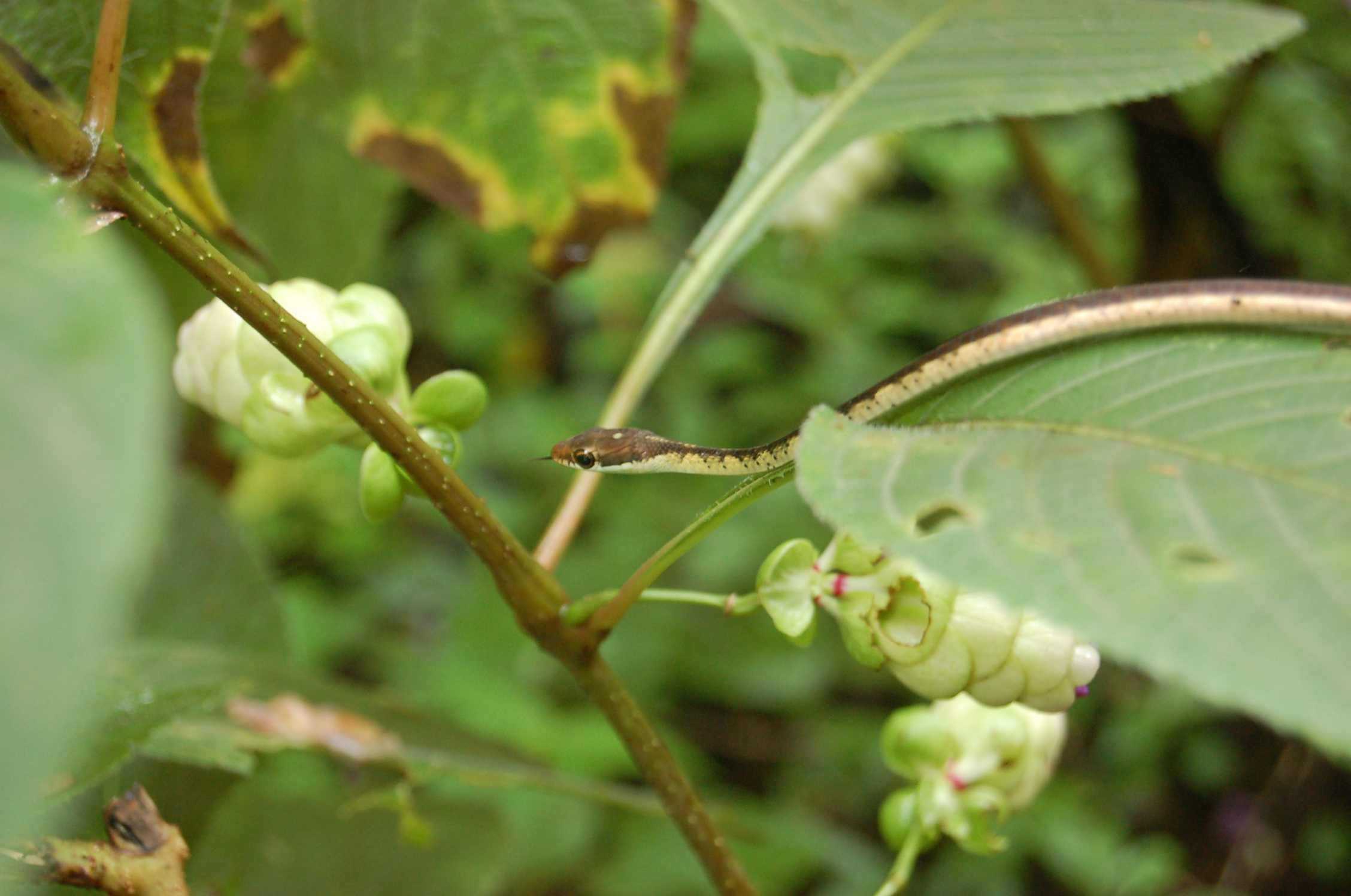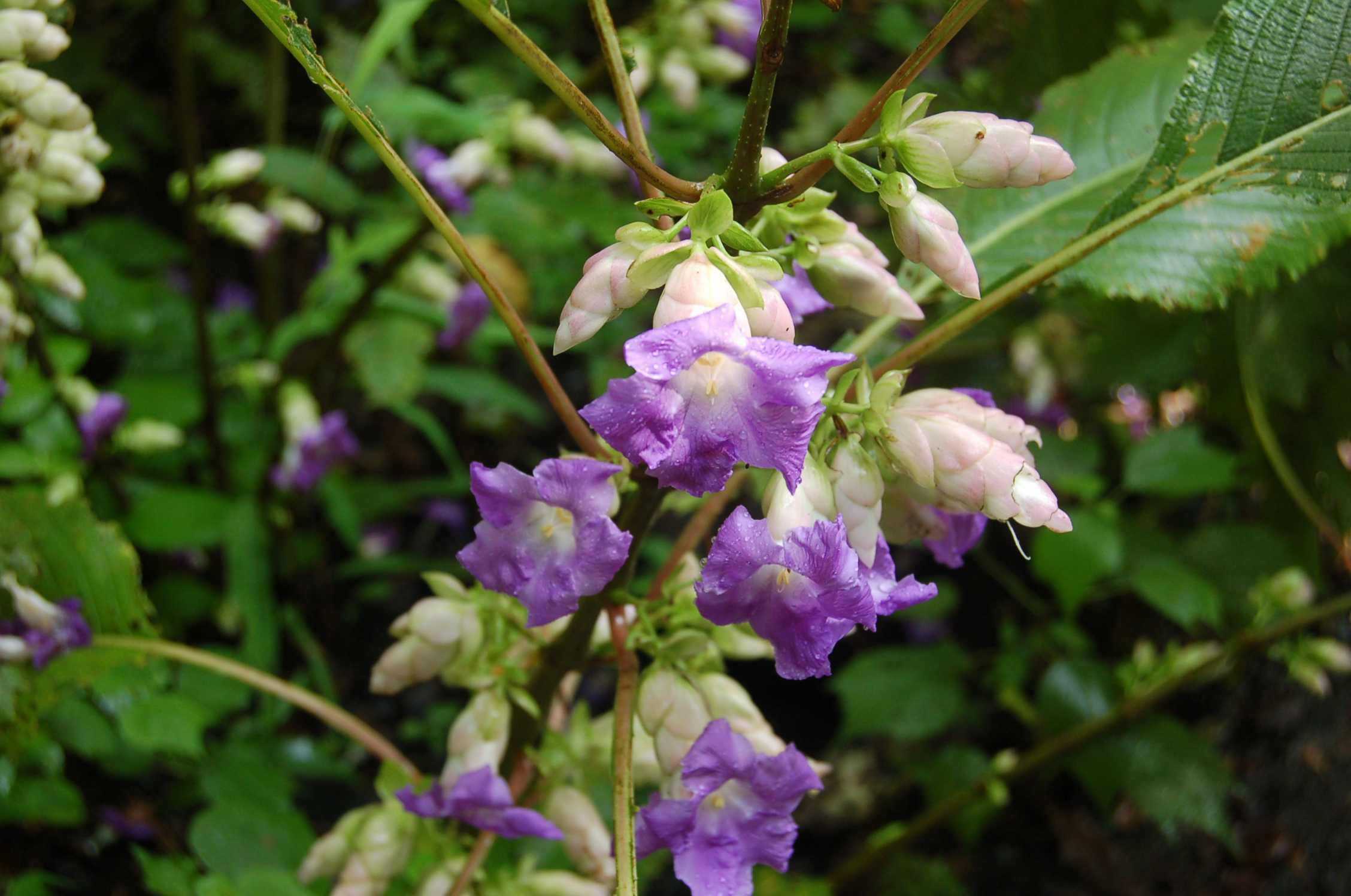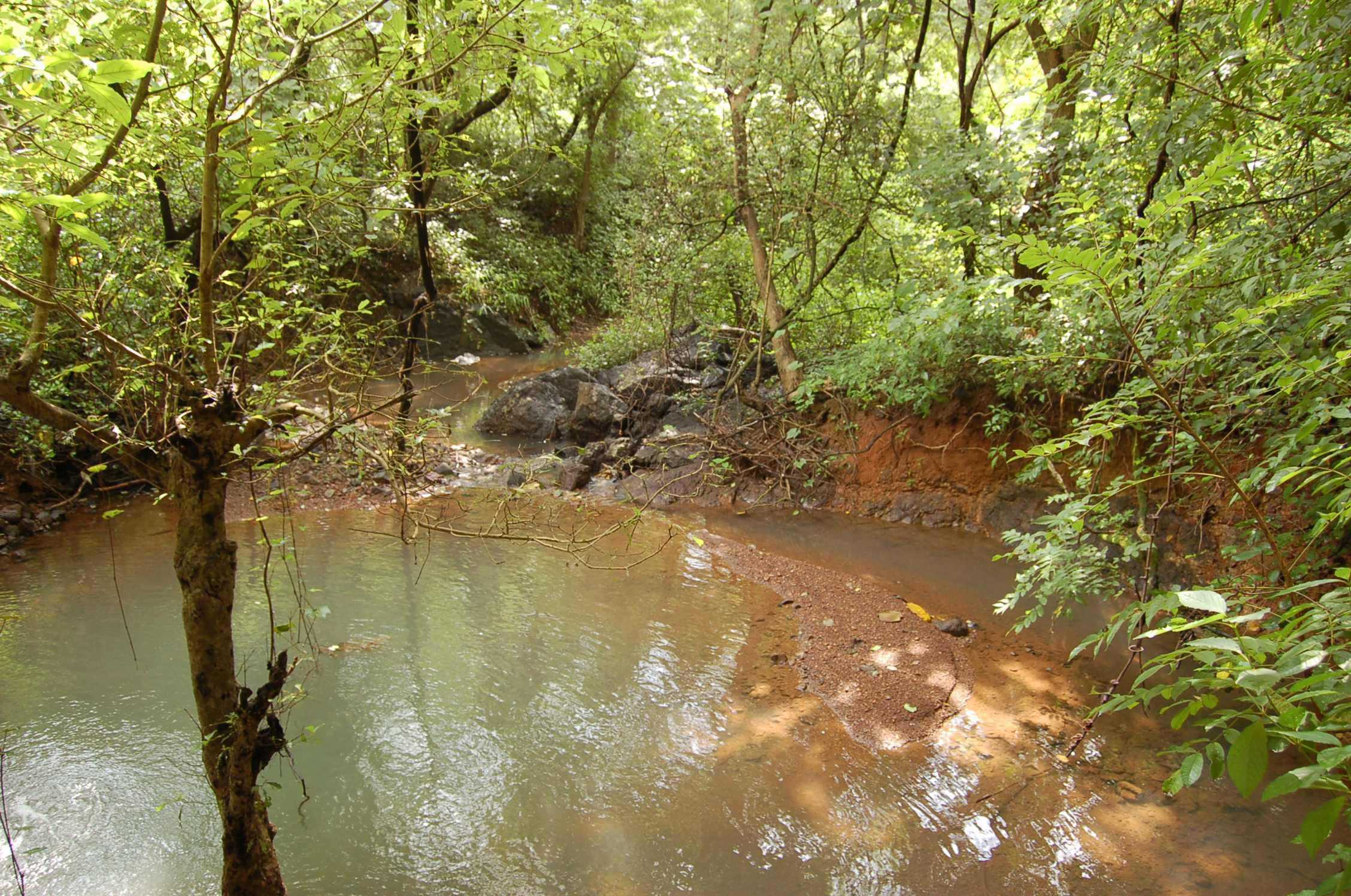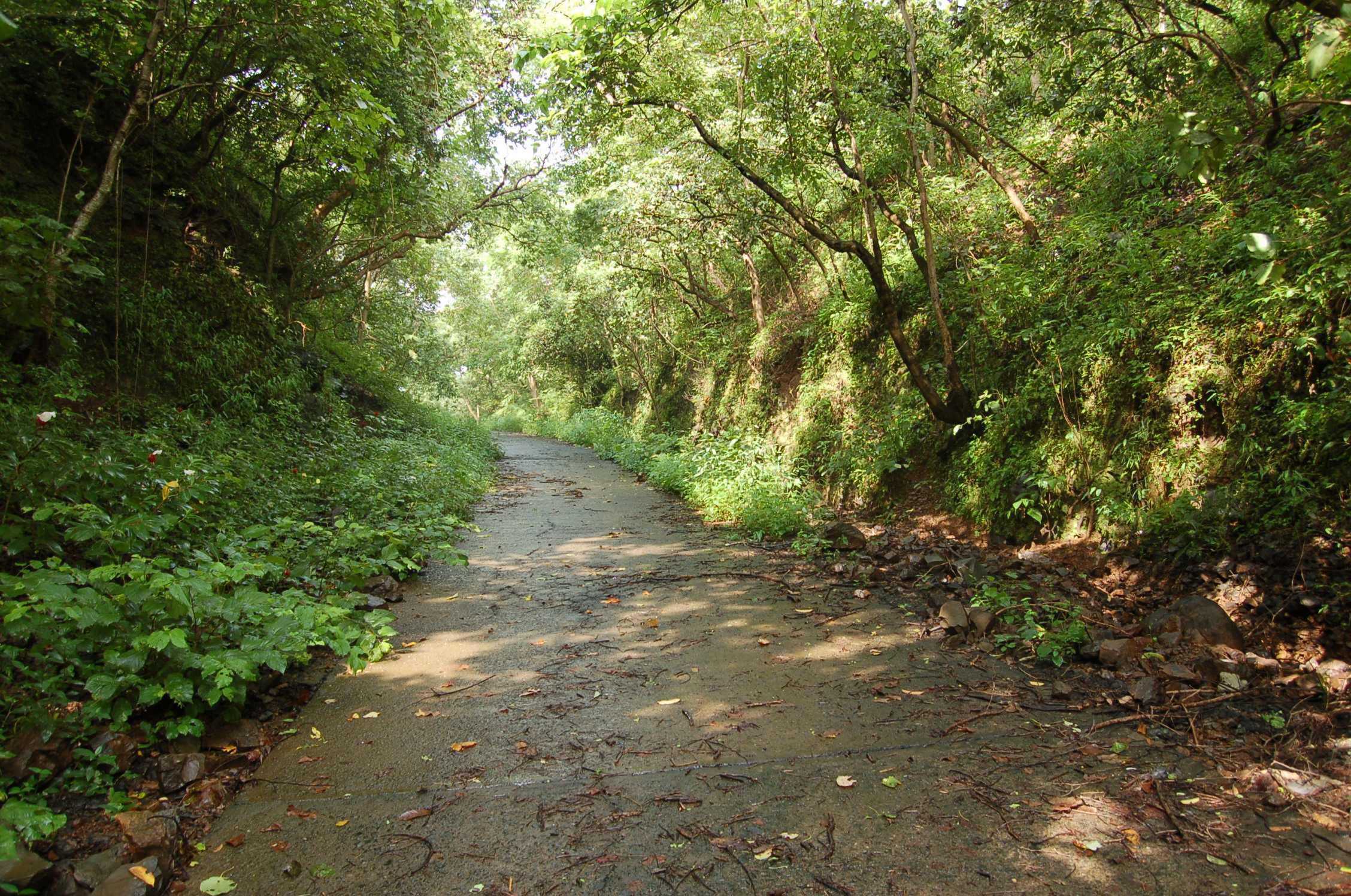Tungareshwar Wildlife Sanctuary adjoins Sanjay Gandhi National Park, the city forest of Mumbai. If SGNP is the right lung of this city, Tungareshwar is the left. But both lungs unfortunately are not in the pink of health. They are being choked with plastic that’s the curse of mankind.
The waterfalls in Tungareshwar have dried up; and now only the memories of the last monsoon are flowing along the riverbed. When the waterfalls dried up, so did the picnickers. But they left behind tell-tale signs of copious consumption that will be an eyesore in these beautiful forests for another 300 years.

After the picnickers, came the devotees of Tungareshwar temple. They arrived in busloads for a recent puja. To keep their buses clean, they threw out the junk through the windows. To keep their bags clean, they discarded their waste in the bosom of Mother Nature. Yes, we have a strange concept of cleanliness. Anything outside of us, be it our house, our colony, or even our vehicle, is one infinite dustbin. And that sadly includes our beaches and our mountains and our forests, because we believe they are outside of us.
This eco-tragedy is at its most poignant during the Mahashivratri festival when Tungareshwar is at the receiving end. And so is Kanheri Caves in SGNP during the Buddha Pournima celebrations. Organisations like BNHS and other NGOs make valiant attempts at making sure the ecological damage is minimum. But then what is a handful of volunteers in front of a marauding crowd of a couple of lakhs?

As I gazed dejectedly at the litter of consumerism, I remembered a story about the Buddha. Once one of his disciples drew the Buddha’s attention to the sad state of the disciple’s robe. The Buddha promptly ordered for a new robe. Feeling a little guilty about his oversight, he went to the disciples’s quarters in the evening to check if the robe fitted him well. The disciple said, ’Yes, master. It’s very comfortable.’ The master was curious to know what the disciple had done with his old robe. When he asked him, the disciple said, ’Sir it was in tatters, so I’m using it as my bedsheet.’ The master then asked him what he had done with his old bedsheet, and the disciple said, ’Sir it was in real bad shape, so I’m using it as my floor mop.’ When the Buddha asked where his old mop was, he said, ’Master, the mop was in shreds. So I am using the strands of the mop as wicks to light the lamps in your room.’ Today, we would rush to the nearest Mall and buy a new gown, a new bedsheet, a new mop and new wicks. Because recycling is old hat.

To get away from this holy mess, and to enjoy the immense beauty of this sanctuary, there’s only one way: Go where no one has ever gone before. And then you will start seeing flowers, moths, butterflies, spiders, reptiles, and birds of all colours, shapes and sounds.
The walk along a small stream was truly a mystical experience. On my left ear fell the murmur of the stream; and on the right ear birdcalls of different melodies. The two parts eventually merged in the core of my being with a divine stereophonic effect.
The issue of temples continuing to lie within the borders of Tungareshwar Sanctuary and Sanjay Gandhi National Park reminded me of a quaint little sanctuary in Wayanad in Kerala. It is called Janakikkaadu. When it was declared as a sanctuary, the settlements of the adivasis along with the temple of their tribal god were shifted out overnight. They meekly accepted it. And they left the temple behind and simply carried their deity away. To reinstall him close to their new home, and closer in their heart. Imagine the repercussions of moving the Tungareshwar Temple or the Buddha Temple out of their respective sanctuaries. It would create mayhem.
Maybe the lesser gods of tribals can easily be shoved aside, unlike the greater gods of mainstream religions. When will we realize that if one god can be relocated, so can the others be. Because all gods are created equal.
